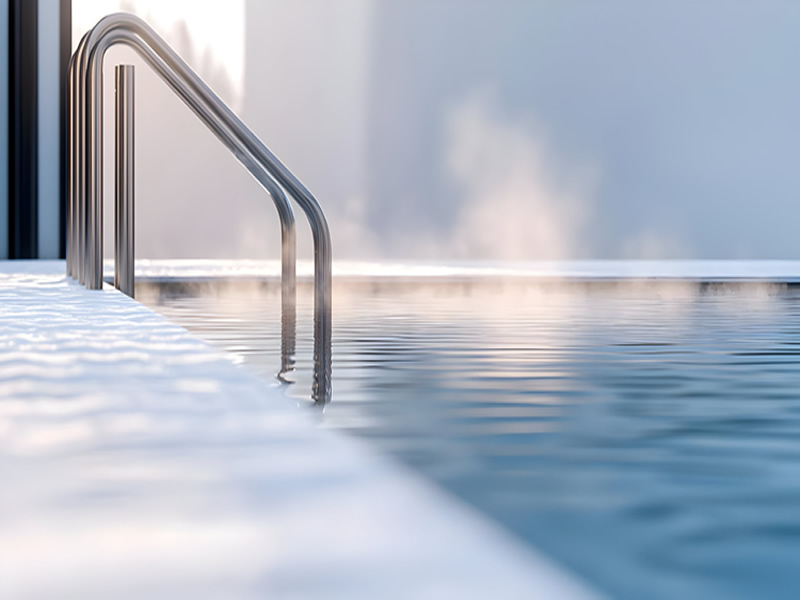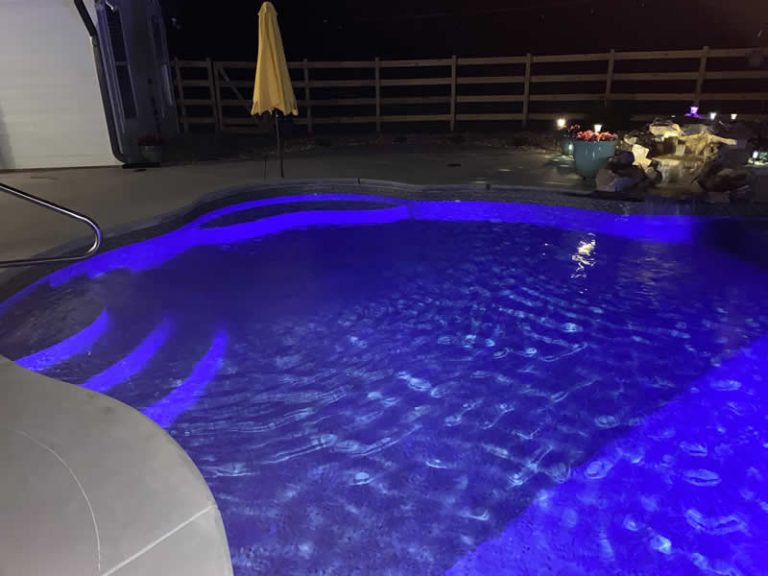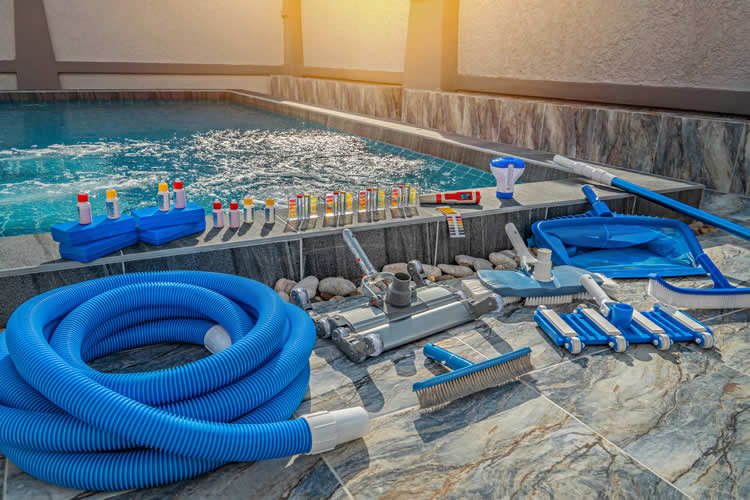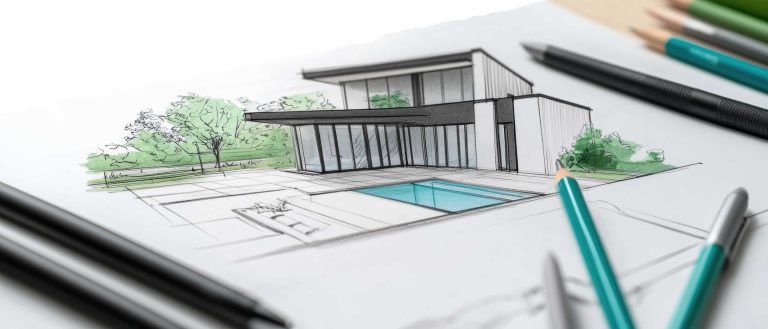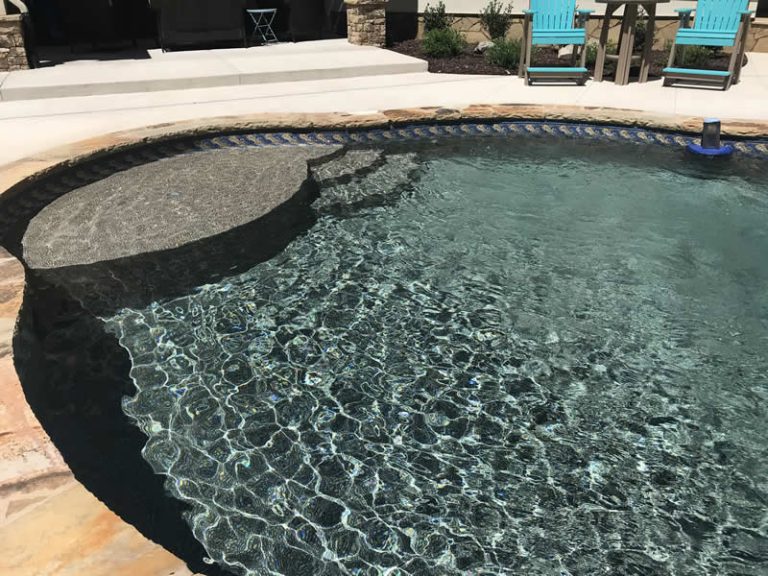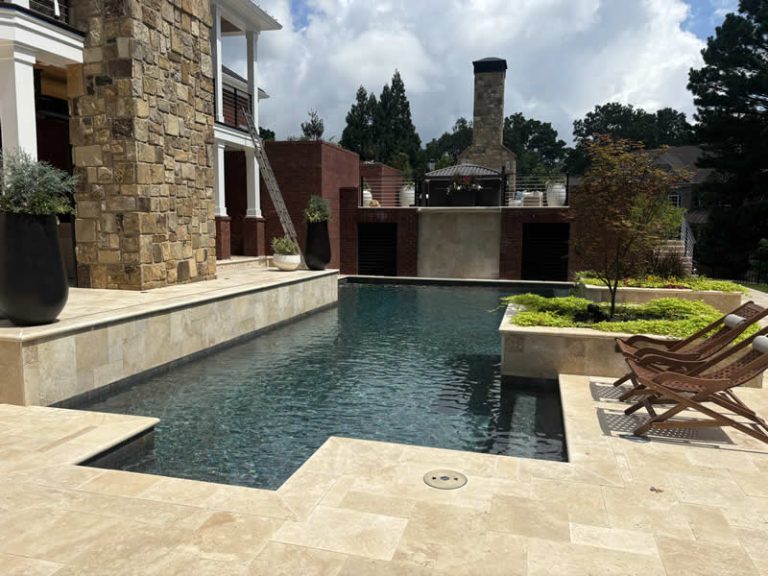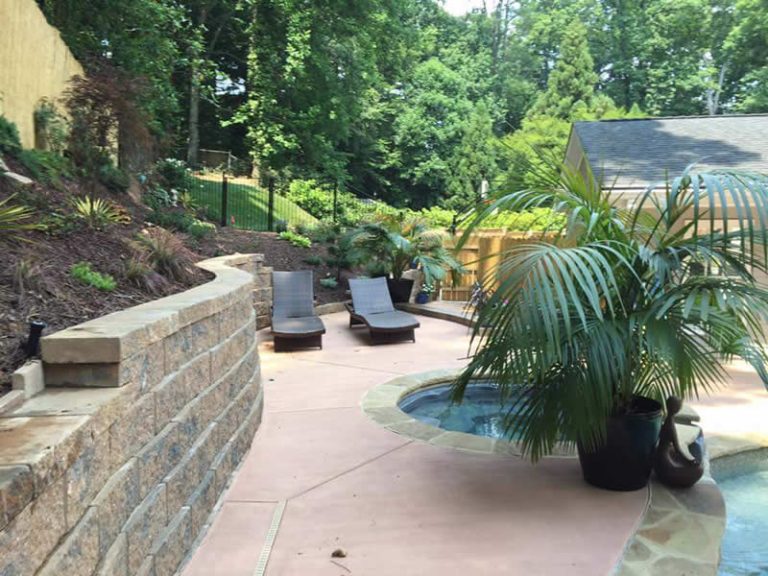The Truth About Pool Heating Options and Energy Costs
If you live in Georgia, you already know the weather doesn’t always play by the rules. One week it’s 85 and sunny, the next it’s chilly enough to make your pool feel like an ice bath. That’s why so many homeowners eventually ask the same question: Is a pool heater worth it?
The short answer? Absolutely — if you pick the right system for your setup. Heating your pool turns a three-month luxury into a six-to-eight-month lifestyle. But before you install one, it’s smart to understand the real differences between gas, electric heat pumps, and solar heating, along with what they’ll cost to run long-term.
Why Heating Matters More Than You Think
A warm pool changes how often and how comfortably you swim. For families, it extends the season. For homeowners with spas or tanning ledges, it turns shoulder months into usable outdoor time.
Even in North Georgia, where summers are long, nighttime temperatures can dip into the 60s. That cools water fast — especially if you have a large surface area or lots of shade. Without a heater or solar cover, your pool might lose five to ten degrees overnight.
Heating isn’t about luxury anymore; it’s about consistency. Once your pool hits that perfect 82–84°F range, it stays inviting no matter what the weather decides to do.
Gas Heaters: Fast Heat, Higher Bills
Gas heaters are the traditional choice — and still the best when you want quick, on-demand heating. They run on natural gas or propane, burning fuel to rapidly warm the water. If you like taking an unplanned dip or using a spa that needs to go from cool to hot in an hour, gas is unbeatable.
Pros:
- Heats fast (ideal for spas or large pools used occasionally)
- Works well in any air temperature
- Precise temperature control
Cons:
- Highest ongoing fuel costs
- Less energy-efficient long-term
- Requires a gas line or propane tank
Gas heaters are great for weekend homes or pools used intermittently. You can leave it off most of the week and fire it up when guests arrive. But if you plan to maintain a warm temperature constantly, expect fuel bills to add up. In Georgia, depending on pool size, that could range from $150 to $400 per month during active months.
For hybrid setups — say, a gas heater paired with a heat pump — you can use gas for quick heating and the electric unit for steady temperature maintenance.
Electric Heat Pumps: Efficiency Over Speed
Heat pumps are the workhorses of the pool world. They don’t generate heat directly; instead, they pull warmth from the surrounding air and transfer it into your pool water. It’s a simple concept that works beautifully in mild climates like ours.
Pros:
- Highly energy-efficient (up to 80% cheaper to operate than gas)
- Consistent heating for everyday use
- Long lifespan (10–15 years with minimal maintenance)
Cons:
- Slower to heat from cold start
- Efficiency drops in temps below 50°F
In practical terms, heat pumps are perfect for most Georgia homeowners. You’ll spend a little more upfront — typically $3,000 to $5,000 installed — but monthly operating costs are much lower, often between $50 and $120.
They’re best for families who use their pool regularly and like to keep it warm all season long. Once set, a heat pump quietly maintains the temperature, automatically cycling on and off as needed. It’s the “set it and forget it” option of the pool world.
Solar Heating: Free Energy, with Caveats
Solar pool heating uses panels (usually on a roof or rack) to circulate pool water through black collectors that absorb the sun’s heat. The system is simple, sustainable, and virtually cost-free to operate after installation. The only energy draw is from the pump that moves the water.
Pros:
- Uses free, renewable energy
- Low operating costs (essentially zero)
- Long-lasting and low maintenance
Cons:
- Dependent on sun exposure
- Slower heating on cloudy or cool days
- Larger upfront cost ($4,000–$7,000 average)
Solar makes sense if your home gets good southern exposure and you’re not expecting spa-like temperatures year-round. It’s an excellent supplement even if you have another system — pairing solar with a heat pump is a popular combo that balances eco-friendliness with reliability.
In Georgia, a well-installed solar system can keep your pool in the 78–84°F range for most of the season. Add a solar blanket at night, and you’ll keep that warmth overnight, too.
Comparing Costs and Performance
Here’s how the three main systems stack up side by side:
| System | Heating Speed | Operating Cost | Upfront Cost | Ideal Use |
|---|---|---|---|---|
| Gas Heater | Fastest | $150–$400/month | $2,000–$4,000 | Quick heating, spas, occasional use |
| Electric Heat Pump | Moderate | $50–$120/month | $3,000–$5,000 | Regular family use, steady heat |
| Solar Heating | Slowest | <$20/month | $4,000–$7,000 | Eco-friendly, supplement or primary in sunny yards |
Let’s Talk …
Let us take care of your Pool & landscape
At Aqua Fun, we don’t just build pools — we build relationships that last for seasons to come. Our team takes the time to understand your space, your needs, and how you actually use your backyard. Then we craft solutions that make every swim, soak, or gathering more enjoyable. It’s not about selling you more; it’s about helping you get it right.
If you’ve been thinking about improving, repairing, or re-imagining your pool, let’s talk. We’ll meet you where you are, explain your options clearly, and make sure the whole process feels simple and stress-free. That’s the Aqua Fun way — real people, real care, and results that speak for themselves.
Mon – Fri
8:00 – 6:00

